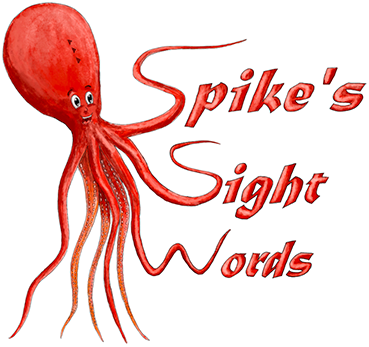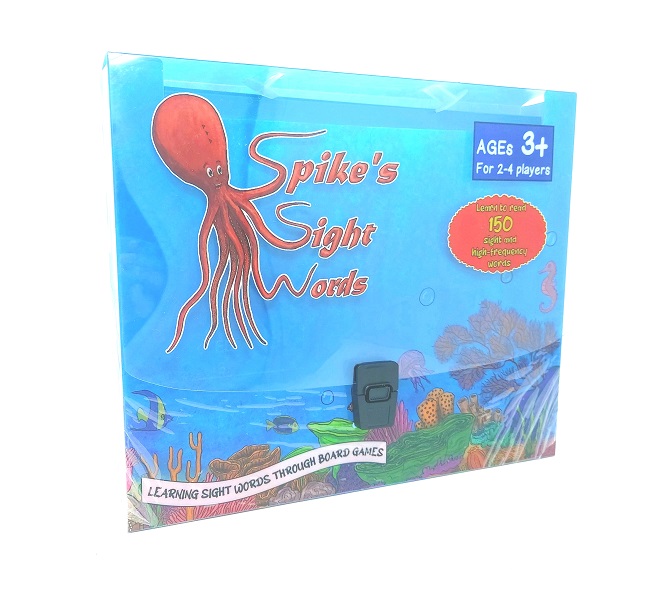‘SPEND A PENNY’
To “spend a penny” is a polite euphemism for going to the toilet.
The phrase goes back to Victorian public toilets, which required users to insert a single penny in order to operate the lock.
Although it sounds crude, the phrase is actually considered a polite way of announcing that you are going to visit the bathroom. Historically, only women would announce they were going to “spend a penny,” as only women’s public toilets required a penny to lock. Men’s urinals were free of charge!
“I’m going to spend a penny.”
‘ SPLASH OUT ‘
To “splash out” means spending significant amounts of money on a particular item or event.
If you’re “splashing out,” it’s implied that you’re spending money on a treat to mark a special occasion or celebration.
“Wow — you’ve really splashed out on this party!”
“Swot”
Similar to “nerd” or “geek” but less derogatory — someone that takes academic study very seriously might be described as a “swot.”
“Swot” can also be used as a verb.
“I haven’t seen Tom since he started revising for his exams. He’s turned into such a swot!”
“Yeah, he’s been swotting like mad for his Spanish exam.”
“Take the biscuit”
If someone has done something highly irritating or surprising in an exasperating fashion, you might say that they’ve “taken the biscuit.”
“Taking the biscuit” is the equivalent of taking the nonexistent medal for foolishness or incredulity.
“I could just about deal with the dog barking at 5:30a.m., but the lawnmower at 3 a.m. really takes the biscuit.”
“Waffle”
When someone makes a great speech while skirting around a subject or saying little of any value, you might say that they’re talking “waffle,” or that they’re “waffling.”
In the 17th century, to “waff” went to yelp, and quickly evolved to mean to talk foolishly or indecisively.
“I wish he’d stop waffling on.”
“What a load of waffle!”
“Wally”
Someone silly or incompetent might be described as a wally.
Although its origins are largely debated, the term’s meaning has evolved over the last 50 years alone.
In the 1960s, someone that was unfashionable might be nicknamed a “wally,” according to dictionary.com.
“Don’t put down a leaking mug on top of the newspaper, you wally!”
“Wind your neck in”
If you want to tell someone to not concern themselves with issues that don’t directly affect them, you might tell them to “wind their neck in.”
This classic phrase is another way of telling someone that their opinion is not appreciated in the given scenario.
“Wind your neck in and stop being so nosy!”
“Wind-up merchant”
Someone that makes comments just to spark controversy or argument might be labelled a “wind-up merchant.”
The “wind-up merchant” will often claim to be making their comments as a light-hearted jest when the recipients start becoming irritated.
If you’re “winding someone up,” you’re making them tense or irritated in the same way you wind up a Jack-in-the-box before it pops.
“Stop being such a wind-up merchant and be serious for one second!”
“Spanner in the works”
An event that disrupts the natural, pre-planned order of events could be described as a “spanner in the works.”
The phrase describes the mayhem caused when something is recklessly thrown into the intricate gears and workings of a machine.
“By getting pregnant, Mary threw a spanner in the works.”
“Sod’s law”
A British axiom that boils down to the idea that: “If anything can go wrong, then it definitely will go wrong.”
“Sod’s law” is often used to explain bad luck or freakish acts of misfortune. This is more commonly known in the US as “Murphy’s law.”
“Of course my toast had to land on the floor butter-side-down. It’s Sod’s law.”
“Quids in”
Someone who’s “quids in” has invested in an opportunity which is probably going to benefit them massively.
“Quid” is British slang for “pounds,” eg, “five quid” means £5.
“If it all works out as planned, he’ll be quids in.”
“Quids in”
Someone who’s “quids in” has invested in an opportunity which is probably going to benefit them massively.
“Quid” is British slang for “pounds,” eg, “five quid” means £5.
“If it all works out as planned, he’ll be quids in.”
“Pop your clogs”
To “pop your clogs” means to die.
This cheery phrase is widely believed to originate from Northern factory workers around the time of the industrial revolution. When they were working on the factory floor, employees had to wear hard clogs to protect their feet.
“Pop” has evolved from “cock,” and when someone “cocked” their clogs, the toes of their clogs pointed up in the air as they lay down dead.
“Did you hear what happened to John’s old man? He popped his clogs, didn’t he…”
“Dog’s dinner”
A “dog’s dinner” is a mess or fiasco — sometimes also referred to as a “dog’s breakfast.”
“You’ve made a dog’s dinner of that.”
“Cost a bomb”
Expensive.
“Your watch is gorgeous.”
“I should hope so, it cost a bomb.”
“Bob’s your uncle”
The very British equivalent to “Hey presto!” or “Et voila!”
This phrase is used to describe a process which seems more difficult than it actually is.
“Press down the clutch, put it into gear, then slowly ease off the clutch again. Bob’s your uncle — you’re driving!”
“Bee’s knees”
This phrase became mainstream in the USA in the 1920s despite its British origins, but its popularity in the States has dwindled since the turn of the century.
The “bee’s knees” referred to small or insignificant details when it was first documented in the 18th century. Since then, the phrase has evolved and refers to something at the “height of cool.”
“The Beatles are the bee’s knees.”
“Bagsy”
Calling “bagsy” is the equivalent of calling “shotgun” or “dibs” when something, like the front seat of the car, is offered up to a group.
Schoolkids might call “bagsy” on items from their friends’ pack lunches, like an apple or a cereal bar, that the friend isn’t going to eat.
“Does anyone want thi—”
“Bagsy!”
“A few sandwiches short of a picnic”
Someone that lacks common sense might be described as “a few sandwiches short of a picnic.”
The phrase was first documented in the BBC’s “Lenny Henry Christmas Special” in 1987.
With thanks to – https://www.standard.co.uk/lifestyle/london


